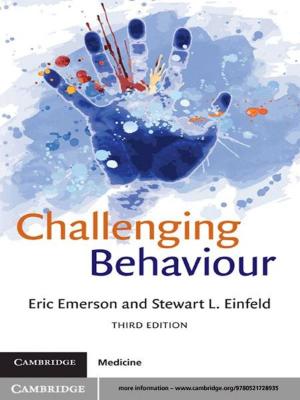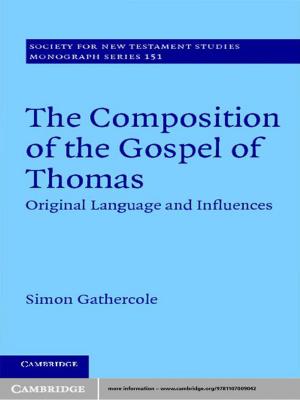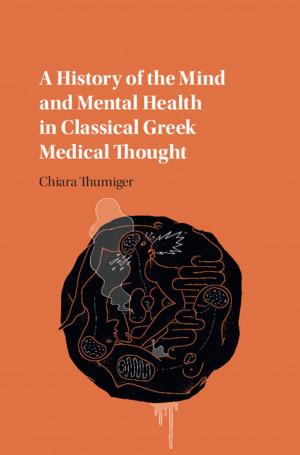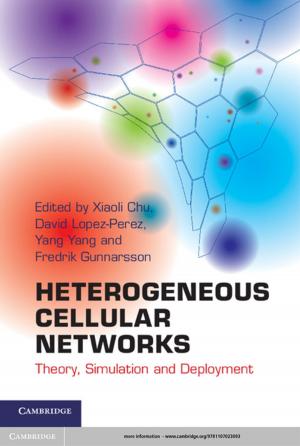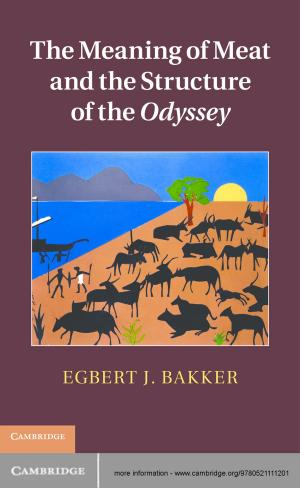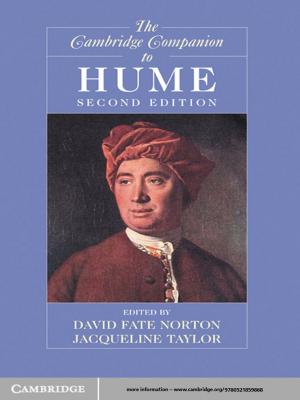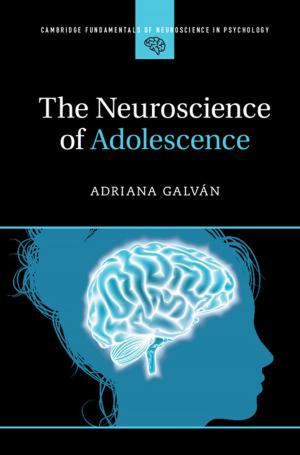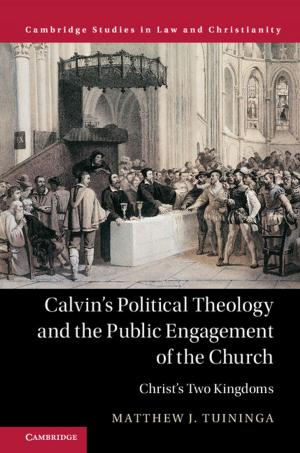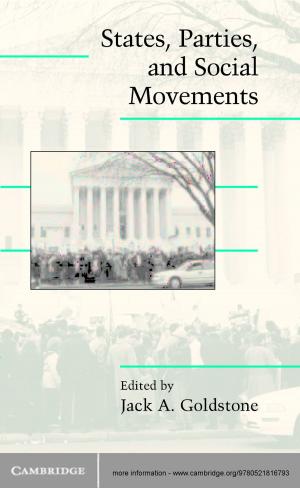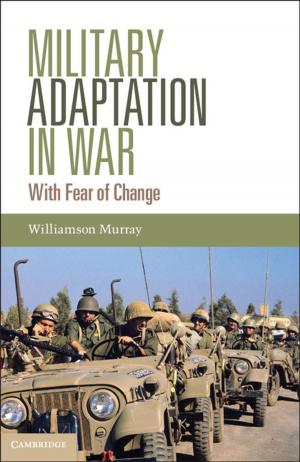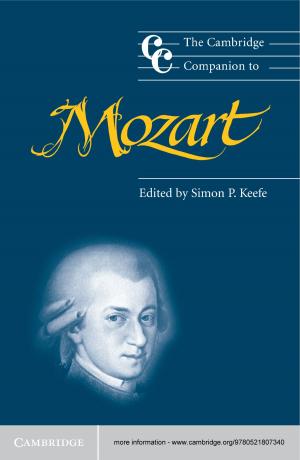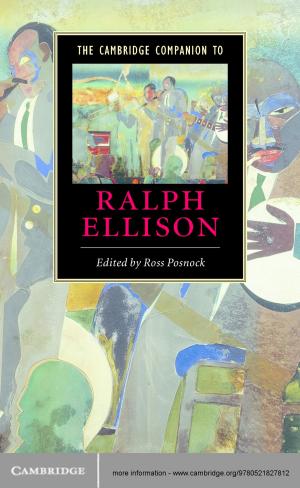Heresy Trials and English Women Writers, 1400–1670
Fiction & Literature, Literary Theory & Criticism, British, Nonfiction, Religion & Spirituality| Author: | Genelle Gertz | ISBN: | 9781139508131 |
| Publisher: | Cambridge University Press | Publication: | June 14, 2012 |
| Imprint: | Cambridge University Press | Language: | English |
| Author: | Genelle Gertz |
| ISBN: | 9781139508131 |
| Publisher: | Cambridge University Press |
| Publication: | June 14, 2012 |
| Imprint: | Cambridge University Press |
| Language: | English |
This book charts the emergence of women's writing from the procedures of heresy trials and recovers a tradition of women's trial narratives from the late Middle Ages to the seventeenth century. Analyzing the interrogations of Margery Kempe, Anne Askew, Marian Protestant women, Margaret Clitherow and Quakers Katherine Evans and Sarah Cheevers, the book examines the complex dynamics of women's writing, preaching and authorship under religious persecution and censorship. Archival sources illuminate not only the literary choices women made, showing how they wrote to justify their teaching even when their authority was questioned, but also their complex relationship with male interrogators. Women's speech was paradoxically encouraged and constrained, and male editors preserved their writing while shaping it to their own interests. This book challenges conventional distinctions between historical and literary forms while identifying a new tradition of women's writing across Catholic, Protestant and Sectarian communities and the medieval/early modern divide.
This book charts the emergence of women's writing from the procedures of heresy trials and recovers a tradition of women's trial narratives from the late Middle Ages to the seventeenth century. Analyzing the interrogations of Margery Kempe, Anne Askew, Marian Protestant women, Margaret Clitherow and Quakers Katherine Evans and Sarah Cheevers, the book examines the complex dynamics of women's writing, preaching and authorship under religious persecution and censorship. Archival sources illuminate not only the literary choices women made, showing how they wrote to justify their teaching even when their authority was questioned, but also their complex relationship with male interrogators. Women's speech was paradoxically encouraged and constrained, and male editors preserved their writing while shaping it to their own interests. This book challenges conventional distinctions between historical and literary forms while identifying a new tradition of women's writing across Catholic, Protestant and Sectarian communities and the medieval/early modern divide.

